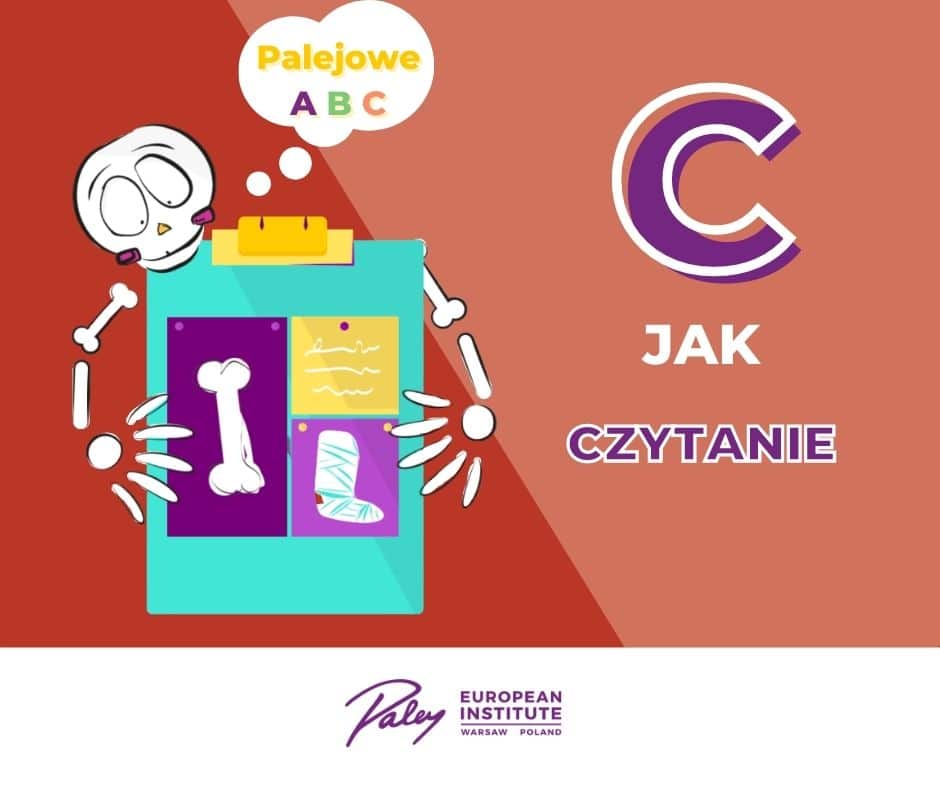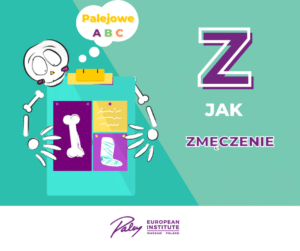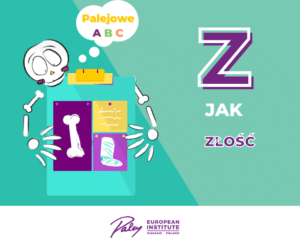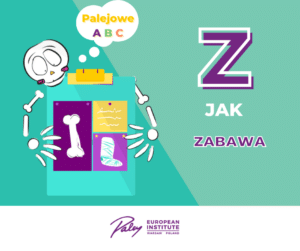esearch has shown that reading affects children’s brain activity. When a child listens to a story, the brain’s memory centers, and understanding the meaning of words is activated. Brain activity is even greater in children who are used to reading books at home. New neural connections are formed in the brains of young readers, so reading books to children helps them develop in learning areas as well as improve their social skills. Children who read regularly combine words into sentences, communicate, and express themselves more efficiently through language.
It is worth to read at any time of the day although researchers found that reading to children before going to bed or taking a nap makes it easier for children to remember new words that appeared in the text. So, reading to toddlers before bed is not only a wonderful ritual and experience that children will remember fondly years later. It is also an investment in the development of their passive vocabulary, i.e. increasing the amount of words they understand.
Let us try to select books for children so that they do not only constitute interesting and valuable reading for them but also make adults happy. This is especially true at a time when children want to read the same book over and over again. It will be easier to get through this natural and developmental stage by reading something we like.
We must also not forget that reading to children benefits your relationship with them. Usually, parents and children are close to each other when reading. This physical closeness, touch, and warmth as well as the possibility of cuddling with a loved one is a resource from which a child and an adult can draw handfuls. Therefore, remember not to treat reading as a chore, but as a precious moment that belongs only to you. It is during the reading that a child can open up to you and tell you about events that are important to him, what is on his heart, what makes him happy, and what worries him. Listen carefully, even if it means breaking the fairy tale.
The stories that a child hears in books are for him not only an incentive to tell about himself and his experiences, but also show what norms prevail in society, which behaviors are welcome and which are not. Books inspire them to solve conflicts, what to do when we feel sad or angry.
Reading together is an excellent starting point for a conversation about what you have just read. Make reading a process that the child is actively involved in. He will benefit most when you ask him questions about the characters in the story and the situations they found themselves in. You can help your child develop their cause-effect thinking, concentration, and imagination by asking them all sorts of questions, such as: What do you think the hero should do? How would you behave in such a situation? What would you do differently? What do you think will happen next? Who in this story would you choose as your friend? Why this character? What did you like the most and what less?
Share with your child your thoughts on the book you have read. Let it be a dialogue with the child, not an interrogation! 🙂 Such interactive reading is a real treasure of skills. In addition to all the abovementioned skills, the child also trains decision-making, develops empathy and understanding towards the choices and experiences of others, learns that the world is full of diversity, and people sometimes choose differently than it does and have the right to do so. To sum up: the child intensively trains the skills needed in everyday life.
Literature is one of the ways of getting to know the surrounding world and oneself, and the child looks for his role models in books. By identifying with the heroes of the book, the toddler has the opportunity to rework difficult and sometimes terrible topics in safe conditions. He has a chance to tame fear, anger, or a sense of loneliness. A well-chosen reading will also help to get used to new events that disturb your child, e.g. a relocation, the birth of siblings, or the upcoming surgery.
Books can provide children with much more comfort than rational adult translations. Together with the empathetic support of the guardian, they can give encouragement and hope, and organize children’s thoughts. However, to be sure that the book is good for the child, let’s talk to him. If he or she does not want to talk at a given moment, let’s share with him thoughts or stories from his own life that are similar to those from a fairy tale.
What if the child plays with blocks, draws, and arranges puzzles while listening? Do you feel that you are reading to yourself or to the walls in the room? Nothing could be more wrong. Sometimes young children find it too much of a challenge to sit still and it is easier for them to concentrate on listening when they play quietly. So don’t get discouraged and read on. The child listens. This way – by not forcing your toddler to sit in one place and stare at a book – you increase the chance that in the future he will be more likely to read himself. Andif you enjoy reading as well,change voices, intonation, get excited about the adventures of the heroes, the child will come to you sooner than you expect and listen to the story with interest, without the need to focus on other activities.
Aram D., Fine Y., Ziv M. (2013), Enhancing parent-child shared book reading interactions: Promoting references to the book’s plot and socio-cognitive themes, Early Childhood Research Quarterly
Hutton J., Horowitz-Kraus T., Mendelsohn A. L., DeWitt T., Holland S. K. (2015), Home Reading Environment and Brain Activation in Preschool Children Listening to Stories, Pediatrics
Protzko J., Aronson J., Blair C. (2013), How to Make a Young Child Smarter: Evidence From the Database of Raising Intelligence, Perspectives on Psychological Science
Williams S. E., Horst J. S. (2014), Goodnight book: sleep consolidation improves word learning via storybooks, Frontiers Psychology






